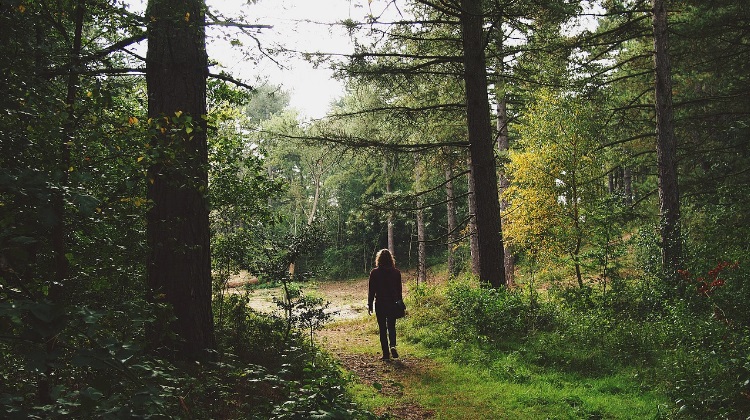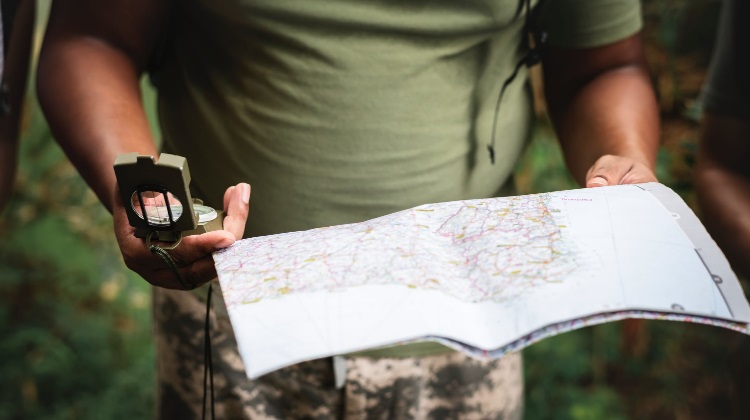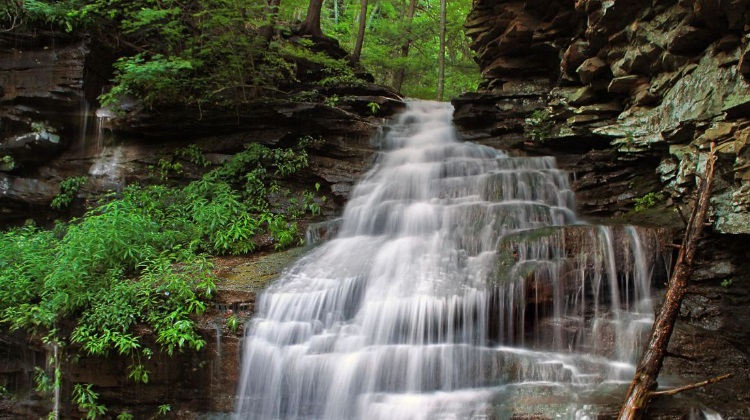Camping & Survival
Top 6 Survival Skills
It is a good idea to always be prepared and develop skills that can help you in tough situations.

In this piece, we examine the top 6 survival skills that will greatly increase your chances to survive in extreme conditions.
Willpower and Attitude

Perhaps, the most important skills you need to survive are willpower and attitude.
Many people are prone to panicking if they find themselves in adverse, survival situations and stress out. People who are not used to living in harsh conditions will find it very difficult to cope with survival lifestyle.
The best thing you can do to have a strong will and attitude is to train yourself for survival situations. Put yourself in a difficult situation every now and then to test your limits. It does not matter whether you do it by taking a camping trip in the wilderness or hiking through the local park. Train your body and mind for all kinds of situations.
You should also focus on improving your fitness. Surviving on your own requires a lot of hard physical labor and you would find it extremely difficult if you are not at least moderately fit.
Navigating and Scouting

In most survival situations, you will find yourself in unfamiliar territory with no bearing of where you are or where to go.
Learn to use maps and navigation tools like compasses. You can also develop a basic understanding of the movement of the sun, the moon and stars to guide your way. This is the method used by our ancestors (and many species of animals) to guide their way to food, water and shelter.
Binoculars are a great help for scouting. They will help you look into the distance, saving you time and energy. They will also help you avoid potential danger.
Some people develop a keen sense of their surrounding and can detect changes in weather, wind and temperature. You can become good at this by developing your senses of observing, listening, smelling and feeling the wind against your skin.
Building a Shelter

The elements are perhaps your biggest enemy in a survival situation. Your one priority should be to build a shelter, before nightfall. After thirst and hunger, the third cause of death for people lost in harsh environment is hypothermia. A shelter will not only protect you against the elements but also guard against wild animals.
If you don’t have access to tarps or tents, look into using natural resources to build a shelter. Caves are a good choice as they will protect against cold winds and most wild beasts. But be careful in approaching a cave as it could already be inhabited by a creature. Caves could be inhabited by bears, wolves or wild boars. Look for signs of habitation, before approaching a cave.
You can also use large broken branches by securing one against a tree to form an angle. Cover it with leaves, moss or long strands of shrubs bunched together. The first priority should be guarding against wind and rain. Cover the ground with leaves and grass to insulate from the cold ground.
Finding a Drinkable Source of Water

Rain and dew are good sources of getting drinkable water. You should look into building a rain-catcher that can collect water in the long-term.
For immediate needs, you will need to get clean water from the ground. Be very cautious when collecting standing water from lakes or puddles as it can contain a lot of pathogens that will cause cramps, pain, vomiting and diarrhea. Always make sure to boil the water, before drinking.
You can also collect water from plants and trees by squeezing vines, pouring out dew from flowers or tying a plastic bag around leaves which will collect water as leaves perspire.
Building a Fire

Being able to build a fire, with or without a fire starter is an essential survival skill. Fire will help you fight cold, boil water, cook food and keep dangerous animals at bay.
There are many methods that can be used to start a fire. You should know at least a couple of them. Also, learn how to find good sources of fuel. Dead and dry leaves, branches and plants are good to keep a fire going.
Locating Sources of Food

While you may survive without food for a day or two, you would need to get a source of energy in the long run. Our ancestors were hunter gatherers so the instincts of getting food in the wild are in everyone. The only thing you need is to bring it out.
Knowledge of edible plants and berries could be very useful. You can also build a fishing spear easily with a dagger and tree branch. You can even get meat if you know how to build a trap for catching small prey or have experiences using a bow and arrow for hunting.
If you have the skills for getting food in a survival situation, it could mean the difference between life and death.
-

 Adventure2 weeks ago
Adventure2 weeks agoSHOT Show 2026: The Most Important New Outdoor Gear Announced in Las Vegas
-

 Gear1 month ago
Gear1 month agoSuppressors in the Outdoors: Safety, Legality, and Ethical Use in 2026
-

 Camping & Survival2 months ago
Camping & Survival2 months agoCompact Emergency Kits for Outdoor Preparedness
-

 Camping & Survival1 week ago
Camping & Survival1 week agoWinter Road Status Checks Before You Access Public Land
